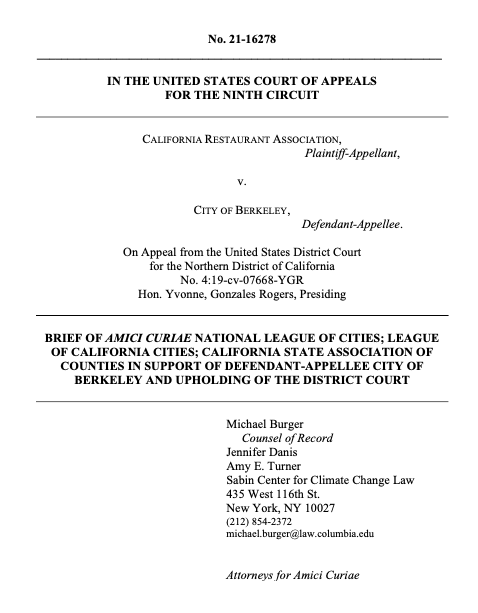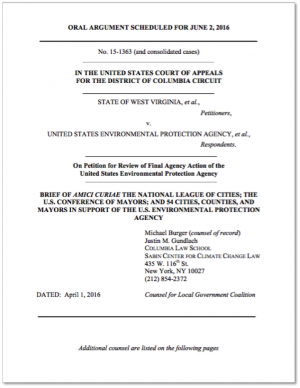By Sarah Goldmuntz, Intern
New York City Mayor Michael R. Bloomberg announced on June 13, that building owners will receive over $100 million in loans to switch to less polluting heat oil. The new funding, provided by various banks including Chase, Citi, Deutsche Bank, Hudson Valley Bank and the Community Preservation Corporation, will help buildings eliminate the use of heating oils No.4 and No.6. (No. 6 oil is the dirtiest; No. 2 oil is the cleanest; No. 4 is a blend of the two.) In conjunction with the fund, the Environmental Defense Fund will offer technical assistance to buildings converting to cleaner fuels. In addition, Con Edison and National Grid plan to improve natural gas infrastructure, making it easier and more cost effective for building operators to convert. Hess Corporation signed on as well by offering incentives for customers to make the change to cleaner burning fuels, like natural gas and No. 2 heating oil. The proposed measures could help buildings cut emissions of fine particulate matter (PM 2.5) by at least 63 percent.
The funds come after Mayor Bloomberg announced the “NYC Clean Heat” program in April 2011, established to address the energy use and air pollution associated with New York City buildings. The announcement stated that one percent of New York City buildings emit more PM 2.5 emissions than the output of all trucks and cars in the city. Under the NYC Clean Heat rule, the heaviest heating oils will be substituted for cleaner burning forms of oil, including low-sulfur #2 oil and natural gas. Newly installed boilers must follow certain environmental standards and will not be permitted to burn No.6 or No.4 oil.
The new funding has helped quiet concerns that the recent law will unduly burden operators of rent-controlled buildings, of which 63 percent of boilers are burning dirty oils, and operators of low-income housing. The financing is offering $5 million in loan loss reserves for such buildings. This fund will help ensure that all businesses, even those lacking appropriate funds, can move towards converting to cleaner fuels.
[1] NEW YORK, N.Y., R.C.N.Y. tit. 15, ch. 2, § 2-15 (2011).



